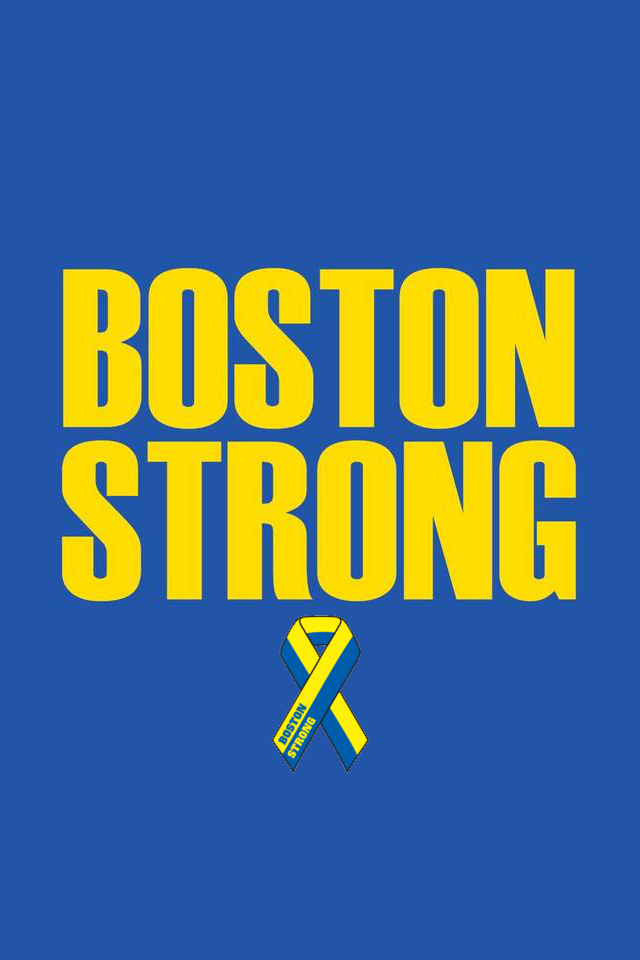With a global focus on the 2014 Boston Marathon, we take time to remember those impacted by the events of the 2013 Marathon. It is important to always remember the countless examples of courage, support, and life-saving heroics.
One example of the many organizations providing support at the 2013 Marathon was the American Red Cross. As soon as the devastating events occurred at the 2013 Boston Marathon finish line, the Red Cross was able to instantly convert some of their standard runner first aid stations used for the race into triage centers to support those impacted.
The courage demonstrated by individuals, first responder organizations, and the immediate aid from groups like the American Red Cross is a testimony to the importance of resilience in any situation. Resilience at both the individual and organizational level is vital in times of crisis.
Resiliency as a key cultural attribute
The quick response by the American Red Cross at the 2013 Boston Marathon is indicative of an organization built on resilience. However, the specific culture attribute of resilience requires a very concerted effort. Organizational resilience has been fostered and constantly tested over time at the Red Cross.
Like many organizations impacted by the 2008 financial meltdown, the American Red Cross was faced with significant financial issues which required the organization to work through several tough decisions.
In a recent Harvard Business Review article, CEO Gail McGovern shared how the Red Cross was faced with a major operating deficit in her first month at the non-profit. The senior leadership team created an initial restructuring plan and felt confident that the Board of Directors would approve the strategy.
After a passionate discussion with the Board, senior leadership decided to take a much more inclusive, collaborative, and trust-building approach to the restructuring. An updated draft plan was distributed to the entire American Red Cross organization as well as many volunteers.
This collaborative approach, which provided opportunities for new ideas from a variety of stakeholders as well as better clarity about the dire need for change, helped build the acceptance and resilience required for a successful yet very emotional restructuring process.
McGovern summarized some of her own key learnings from the turnaround by saying, “Did my leadership team show any special brilliance? No – we proved we’d been listening and our amazing Red Crossers, who care so deeply about our humanitarian mission, were willing to accept some difficult changes to save this American treasure.”
The strength and resiliency of the American Red Cross culture has been demonstrated many times since the 2008 financial crisis and continues today. Resiliency is vital for any organization and cannot be created overnight. A “Boston Strong” culture is something that all groups need to aspire to as a way to ensure the mission of the organization is delivered even in the face of significant challenges or crisis.
Key points to consider
Building and maintaining a resilient culture requires a concerted effort and provides the strong foundation that an organization needs when faced with major challenges.
- A resilient culture can help organizations successfully navigate through a major change or crisis.
- Leaders need to be willing to truly listen and perhaps modify their approach in order to help facilitate successful change and build resiliency.
- Employees should be encouraged to foster resilience and communicate the positive impact of resilience on the culture.
How resilient is your organization and what challenges need to be proactively addressed? What first steps can be taken to build resiliency in individuals, teams, or organizations?
This post originally appeared on CultureUniversity.com
